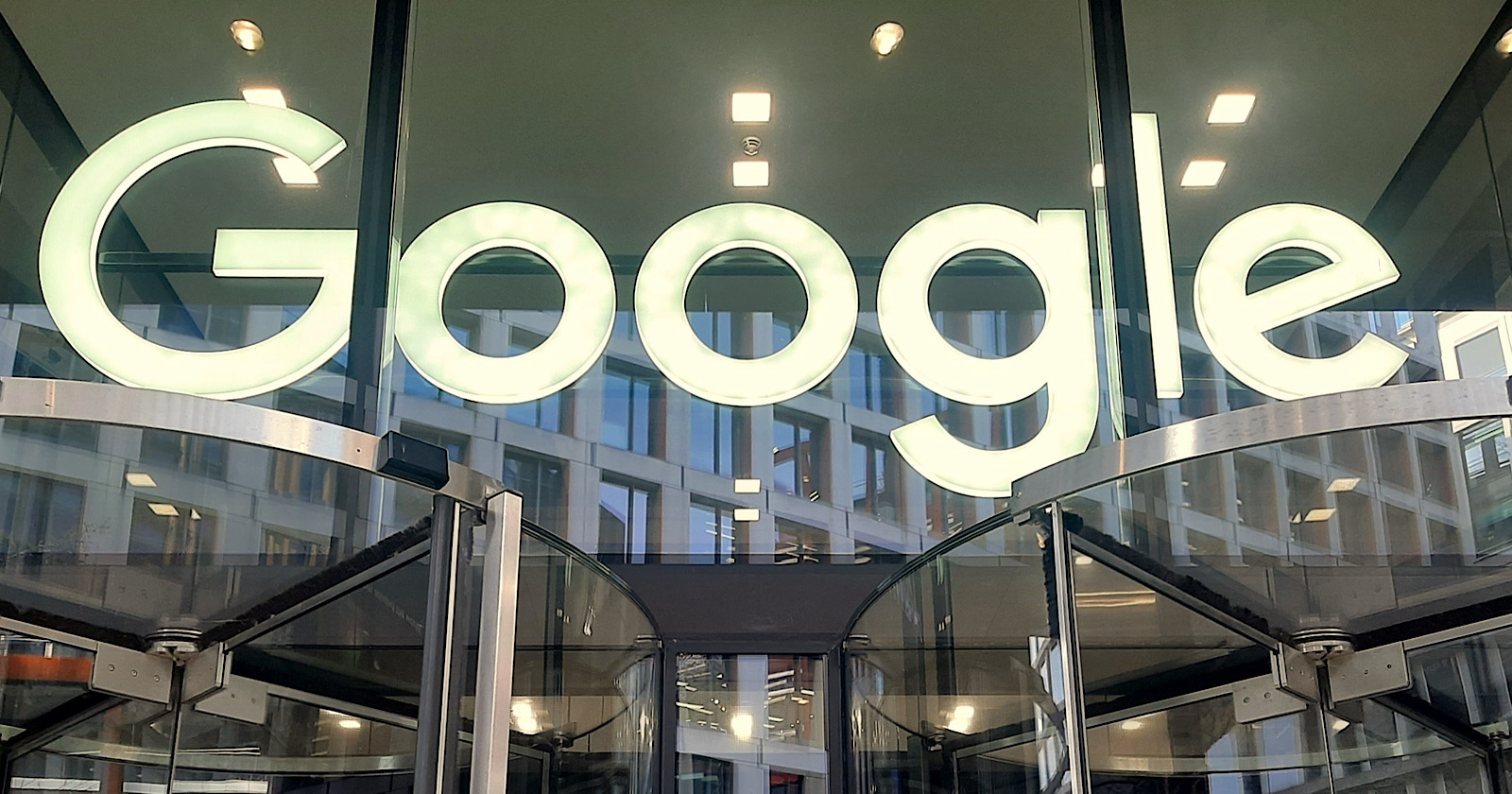Google has announced plans to bring Discover to desktop search. This move could change how publishers get traffic from Google.
The news came from the Search Central Live event in Madrid and was first shared by SEO expert Gianluca Fiorelli on X.
More about Perspective.
Also interesting Discover expanding to desktop and even more personalization on SERP pic.twitter.com/JwyuU1g29U— Gianluca Fiorelli (@gfiorelli1) April 9, 2025
Google has tested Discover on desktop before, but this is the first time it has confirmed it’s happening. The company hasn’t said when it will launch.
What Is Google Discover?
Google Discover is a feed that shows content based on what you might like. It appears in the Google app, Chrome’s new tab page, and google.com on phones.
Unlike regular searches, you don’t need to type anything. Discover suggests content based on your interests and search history.
As Google defines it:
“Discover is a part of Google Search that shows people content related to their interests, based on their Web and App Activity.”
Why This Matters: Discover’s Growing Impact on Publisher Traffic
This desktop launch is important as Discover has become a bigger traffic source for many sites.
A January survey from NewzDash found that 52% of news publishers consider Discover a top priority. The survey also showed that 56% of publishers saw recent traffic increases from Discover.
Martin Little from Reach plc (publisher of UK news sites like Daily Mirror) recently said that Google Discover has become their “single largest traffic referral source.”
Little told Press Gazette:
“Discover is making up for [search traffic losses] and then some. Almost 50% of our titles are growing year-on-year now, partly because of the shifts in Google.”
Optimizing Content for Google Discover
You don’t need special markup or tags to appear in Discover. However, Google suggests these best practices:
- Create quality content that matches user interests
- Use good, large images (at least 1200px wide)
- Write honest titles that accurately describe your content
- Don’t use misleading previews to trick people into clicking
- Focus on timely, unique content that tells stories well
Little noted that Discover prefers “soft-lens” content – personal stories, lifestyle articles, and niche topics. Breaking news and hard news often don’t do as well.
“You don’t get court content in there, no crime, our council content doesn’t get in there,” Little explained what Discover tends to avoid.
Desktop Expansion: Potential Traffic Implications
The desktop rollout could significantly change traffic patterns for publishers already using mobile Discover.
Google’s presentation slide at the Madrid event highlighted “expanding surfaces,” which suggests Google wants a more consistent experience across all devices.
For SEO pros, this is both an opportunity and a challenge. Desktop users browse differently from mobile users, which might affect how content performs in Discover.
Building a Discover Strategy
Publishers wanting to get more Discover traffic should consider these approaches:
- Monitor performance: Use Search Console’s Discover report to track how your content is doing.
- Diversify content: Don’t ignore traditional search traffic while optimizing for Discover.
- Focus on keeping readers: Consider using newsletters to turn Discover visitors into regular readers.
- Use effective headlines: Publishers note that Discover often picks headlines with a “curiosity gap” – titles that tell enough of the story but hold back key details to encourage clicks.
What’s Next?
As Google expands Discover to desktop, publishers should prepare for traffic changes. This move shows Google’s shift from just answering searches to actively suggesting content.
While we don’t know the exact launch date, publishers who understand and optimize for Discover will have an advantage.
Featured Image: DJSully/Shutterstock

